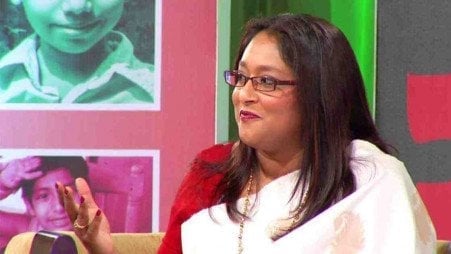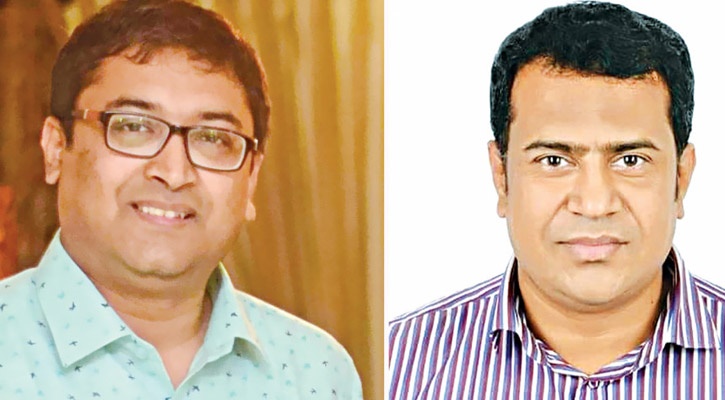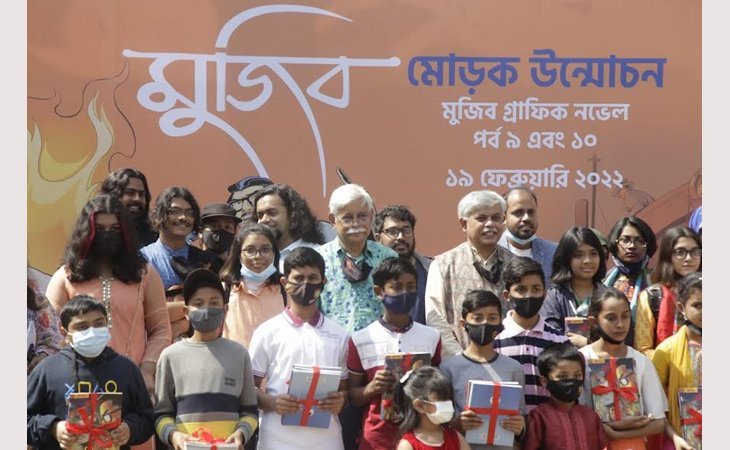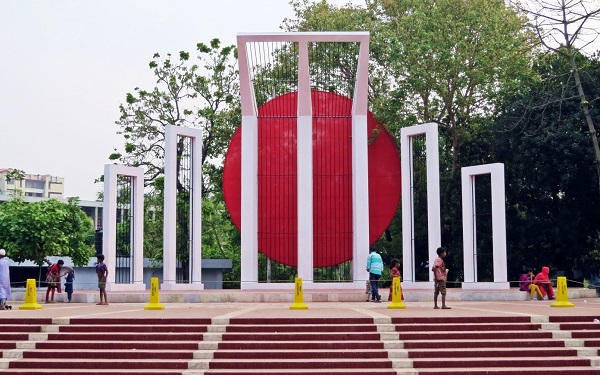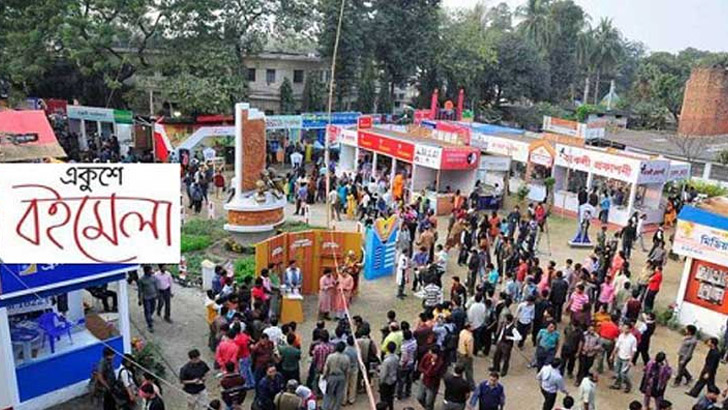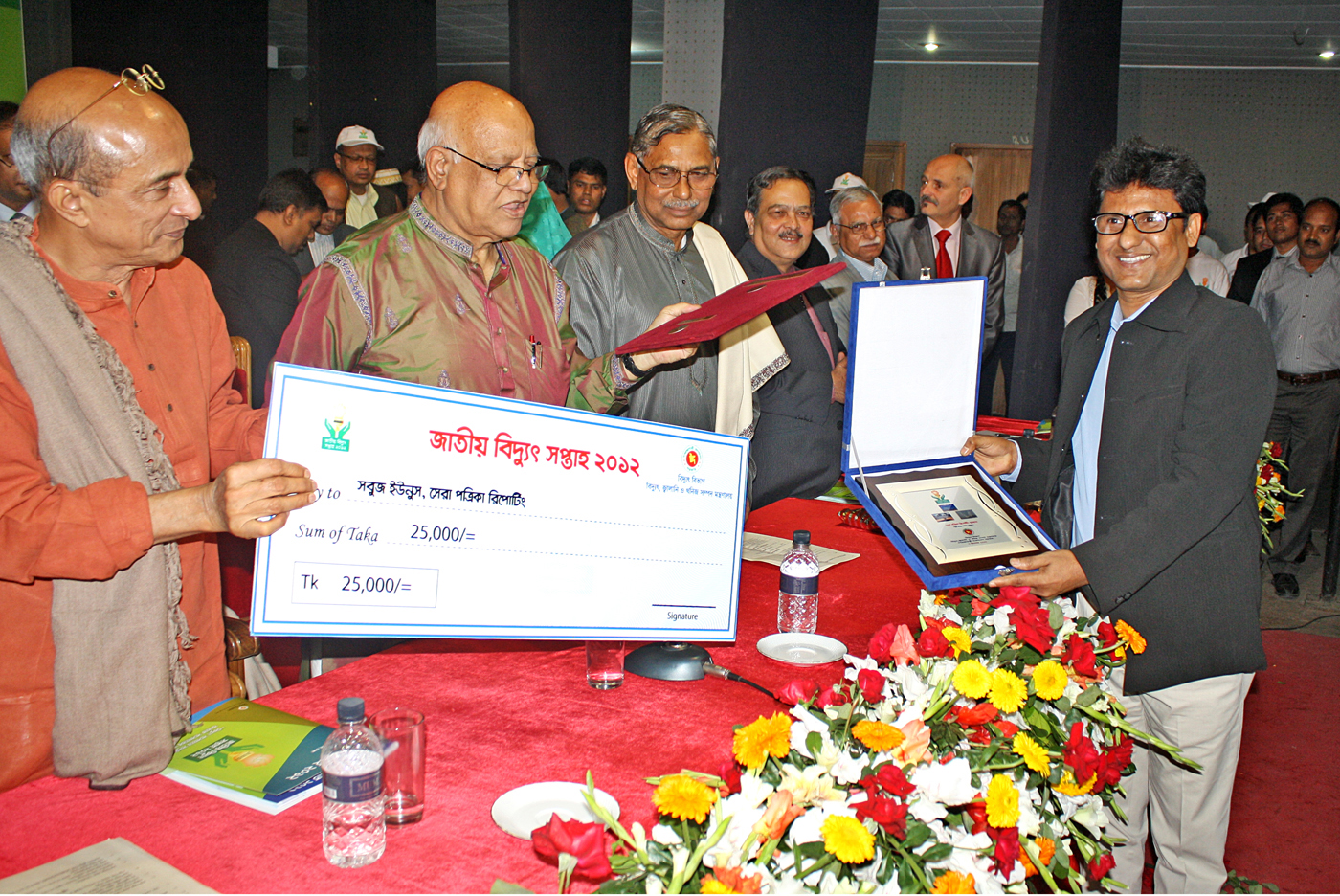
Sabuj Younus is now working as an Associate Editor at The Daily Samakal, one of the leading national vernacular dailies of the country. He is also carrying out duty as an in-charge of the online version of the daily. To do so, the veteran journalist has to maintain about one and a half thousand journalists working across the country, including the capital city of Dhaka. Earlier, Sabuj Yunus was the Chief Reporter and News Editor of this esteemed newspaper.
He began his journalism profession in the 90`s while he was studying at the University Dhaka, dubbed as ‘The Oxford of The East’. During his journalistic career, he has successfully earned many degrees in journalism from home and abroad. The noted journalist has also bagged national awards in the field of journalism. Sabuj Yunus, a man of progressive thought and consciousness, is also involved in various journalism organizations. He is a member of The National Press Club and Dhaka Reporters Unity. Moreover, Sabuj Yunus, born in Jessore district, is also involved in various social organizations.
Q: How did you get started in journalism profession?
Sabuj Yunus: After passing HSC in 1985, I was thinking of getting admission at a public university for higher education. I came in Dhaka hoping to be admitted at the University of Dhaka, the leading varsity of the country. At that time, Mostafa Faruque, a close friend of my elder brother, was attached to Haji Muhammad Mohsin Hall of the university. He was then the president of the Samajtantrik Chhatra Front. Faruque Bhai`s younger brother Mostafa Firoz Dipu Bhai, a student of Mass Communication and Journalism department of the university, was also allotted to the same hall. He was then working part-time as a Dhaka University reporter for a newspaper. I was very much impressed by Dipu Bhai. Meanwhile, I got the opportunity to get admission into Dhaka University and coincidentally, I got allotment to Mohsin Hall as a residential student. As I was born in an ordinary family in Jessore, I was also looking for a part-time job. After some days, I got the chance and started my journalism career being inspired by Dipu Bhai.
Q: Why did you come to this risky profession during student life?
Sabuj Yunus: I chose this profession with the intention of doing something for the common people of my country. During the nineties, anti-autocratic movements were going on in the university in full swing. I took the pen in my hand in a bid to establish democratic values and protest against injustice in the society. At that time there were various tortures of the law enforcement agencies centring the anti-government movement at the university. It is need to say that not all journalists have the ability to write the truth with courage but I had to face the wrath of the government to do so. I had been doing journalism job at the risk of my life and eventually I had to endured oppression and torture. But I did not leave my journalism profession considering the welfare of the common people of my beloved country.
Q: You are now in the leadership position of a national newspaper from a reporter. Tell me the story behind the success.
Sabuj Yunus: Journalism is a challenging profession and we have to survive each and every moment exercising intelligence and hard work. Unbounded courage is needed to take risks. As I know this, so, I never hesitate to write against corruption, irregularities, oppression and torture. I have written all my life against superstitions and evil practices. My pen has always been vocal against terrorism and bigotry, and it is still on. I have reached my present position ignoring the bloody eyes of the communal fundamentalist group.
Q: You have covered many big events in the country and abroad, what can you cite about some memorable events from those ones.
Sabuj Yunus: Yes I am lucky that I have had the opportunity to cover many important events at home and abroad. The notable events I have covered include The Rohingya Issue, The Rana Plaza Collapse that claimed lives of thousands of workers; BDR Mutiny, where more than half a hundred army officers were brutally killed; Holy Artisan Attack in Gulshan, where many locals and foreigners were killed by the militants. Moreover, I covered Magurchhara Gas Blowout and Tengratila Gas Blowout in Sylhet, parliamentary elections in 1996, 2001, 2008, 2014, 2018, catastrophic floods in 1998, Cyclone Sidr, Indian Prime Minister Narendra Modi`s visit to Dhaka, US President Bill Clinton`s visit to Dhaka and so many. Apart from covering Bangla Book Fair in USA in 2017, I also toured to Germany, China, Sri Lanka, India, Malaysia and so on to cover many international events as well. Moreover, I took part in various workshops, training programs and meetings and seminars on various topics in different countries across the world.
Q: You got scholarship from the Government of India. Please say something in this regard.
Sabuj Yunus: Every year, the Government of India provides scholarships to one or two journalists from Dhaka to study journalism in Delhi. In late 2003 when I was a staff reporter of The Daily Jugantor, the sudden scholarship invitation was offered me from the Indian High Commission in Dhaka. The First Secretary of the Embassy in Gulshan took my viva-voce that I passed successfully and finally, I was awarded the scholarship. I went to study at the Indian Institute of Mass Communication (IMCC) at Jawaharlal Nehru University in Delhi, India from where I earned a diploma degree in development journalism with distinction credits. Along with me, 30 media workers from 25 countries of the world got the opportunity to do the same diploma that was a very significant and prestigious diploma program of the Government of India. Apart from carrying our educational expenses, the Government of India provided us monthly salary allowances.
Q: In your professional life, you have reported more on the power and energy sectors and achieved a national award in this regard.
Sabuj Yunus: In 2012, the Bangladesh government selected me as the best reporter of the year. The Ministry of Power, Energy and Mineral Resources introduced the award. You know I have worked in the energy sector, including electricity and gas for a long time. It was my main journalistic field. Hundreds of reports have been published in the national dailies on these pivotal issues. Considering all aspects, the government selected me as the best reporter of the year of 2012 that was a matter of great pride for me.
Q: You have served as Chief Reporter and News Editor under Golam Sarwar, known as the greatest editor of Bangladesh. What is your experience in performing this very vital role in a top daily newspaper of the country?
Sabuj Yunus: Golam Sarwar was the most respected editor of Bangladesh. I got opportunity to do work under his supervision and great care for a long time in The Daily Jugantor. In 2005, The Daily Samakal was published under the editorship of Golam Sarwar and I joined there being imbued by him. Golam Sarwar liked my work and promoted me to senior reporter. Being pleased my capacity he later picked me as the Chief Reporter and after testing my qualifications for more days he put his trust on me to carry out the job of News Editor of the prestigious daily. You know there are many news editors in the national dailies and electronic media but the professional people in the media consider that the news editor of the newspaper edited by Golam Sarwar as a matter of luck as it carries different significance. Indeed, I always consider myself as lucky ones for enjoying the post. Working in these positions is extremely risky as extensive pressure and risks are to be taken especially in the third world countries like Bangladesh. No doubt that journalism is always risky as the journalist has to reveal the truth with immense courage facing various kinds of threats.
Q: Print media are in great crisis, what measures are you taking as an Associate Editor to deal with the current crisis?
Sabuj Yunus: Yes, the print media is in dire straits during the Coronavirus pandemic period as a grim situation has arisen in the sector of newspapers. The number of printed issues is now much lower than before. One of the reasons is that the house owners are not allowing the print copy to enter the door fearing that there might be corona germs on the paper as well. Besides, people`s income has decreased that has declined the sales of newspapers. Another point is that the main income of the newspaper comes from the advertisement. You are aware of that various industrial establishments have been severely affected by the pandemic and it has decreased advertisement incurring the loss in the newspaper. Newspaper owners are not also giving subsidy and for this, salary allowances have been irregular in many newspapers. Job redundancy is going on everywhere and The Daily Samakal is also not a paper out of this situation. However, we have handled the situation with great efficiency. It is sorrowful that we had to do some job cutting but no one`s salary allowance has been reduced that is a great relief. So far, regular salary allowances have been continuing and we are still dealing with the situation successfully after taking some strategies.
Q: Is the day of print media coming to an end, please what about the future of digital media?
Sabuj Yunus: You know all the information has come in the fingers of your hand in the age of modern technology. If you have a smart phone and internet connection, you will get any information what you want or need. Under the circumstances, the print media is now in a terrible crisis and it may intensify further in the days coming ahead. However, the value of print media is still different from the digital media in view of trust and confidence. Moreover, the journalists reveal a lot of secret information on the print media that is not available on the online media. From this point of view, there is a great necessity of print media. In this regard, my observation is that print media must bring innovation. Newspaper industry has to think of many things newly to cope up the latest emerging situation. Despite taking measures, I foresee that print media will shrink in the future and there is no doubt about it.
Q: Your life was in danger when you went to interview a minister. Please tell me about that incident.
Sabuj Yunus: It was 2005. AKM Mosharraf Hossain was assigned as the Minister of State for Energy and Mineral Resources during the BNP regime. At that time the Canadian company Niko was working in the oil and gas sector in Bangladesh. In June of the year, a report entitled `Niko offers car to state minister for energy` was published in the Daily Samakal. During publication of the report, Mosharraf Hossain was staying in Canada. The report created huge reactions among the readers that bounded the government to remove the state minister from his post. Meanwhile, the minister returned to the country and the then Daily Samakal Editor Golam Sarwar gave me an assignment to interview him on the burning issue. Okay, I went to the state minister’s Banani residence in Dhaka where his some cadres were staying in. When they came to know that their minister had been fired from the cabinet job because of my report, they swooped on me and started beating. The state minister rushed on me and saved me from the wrath of those cadres. The state minister is not alive today. I wish his eternal peace and pray for the salvage of his soul. I would like to say that I run the report from the point of professional attitude but not any hostility that I do not do yet. I still write reports in the sake of national interest and I wish to continue in the future.
Q: Thank you
Sabuj Yunus: Thank you too


